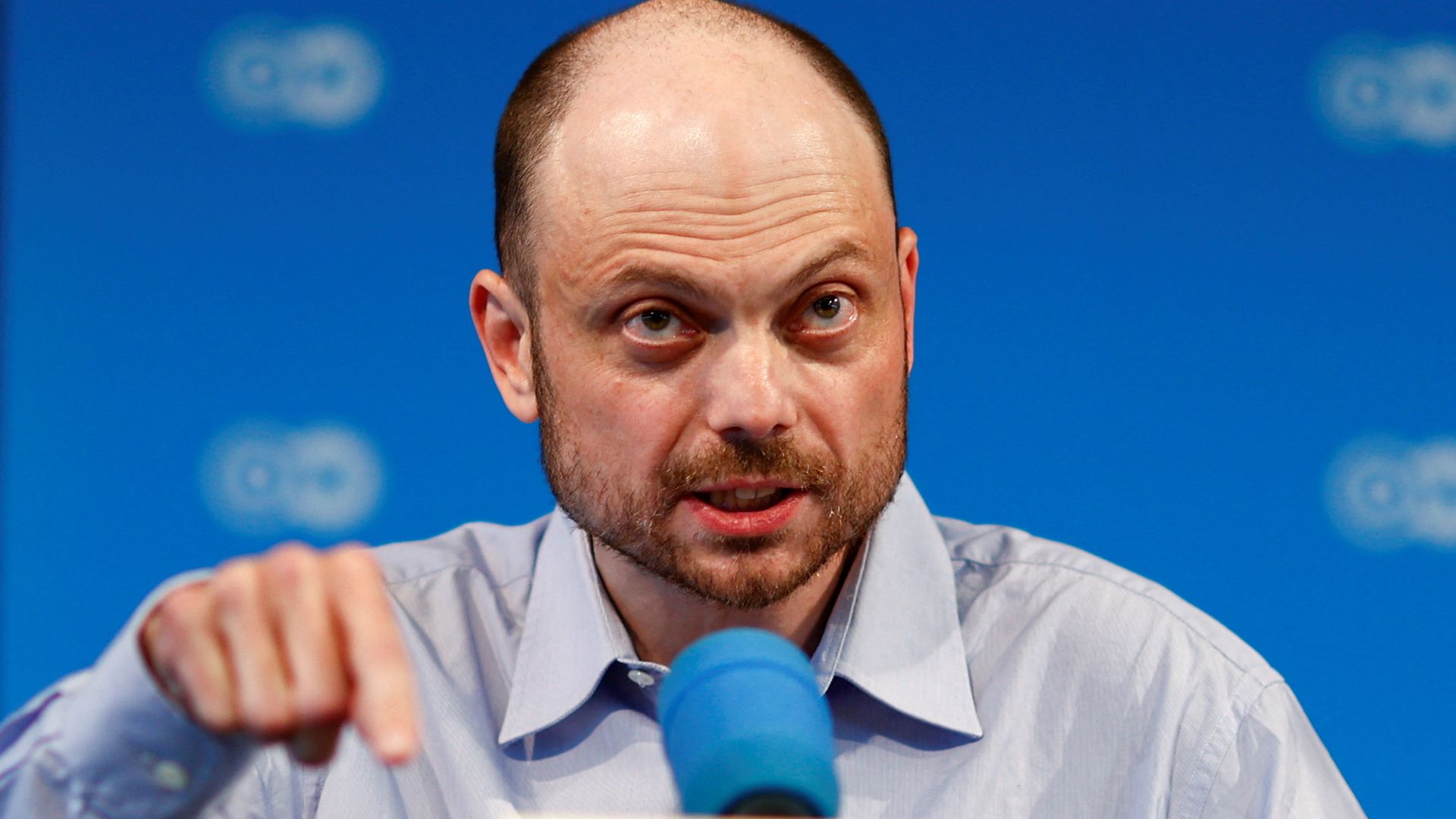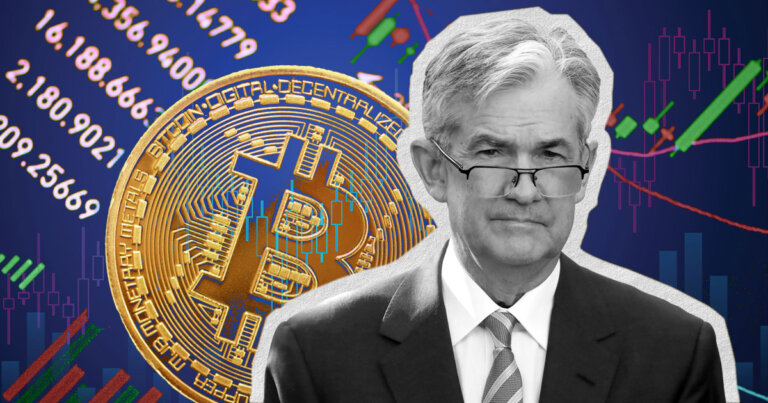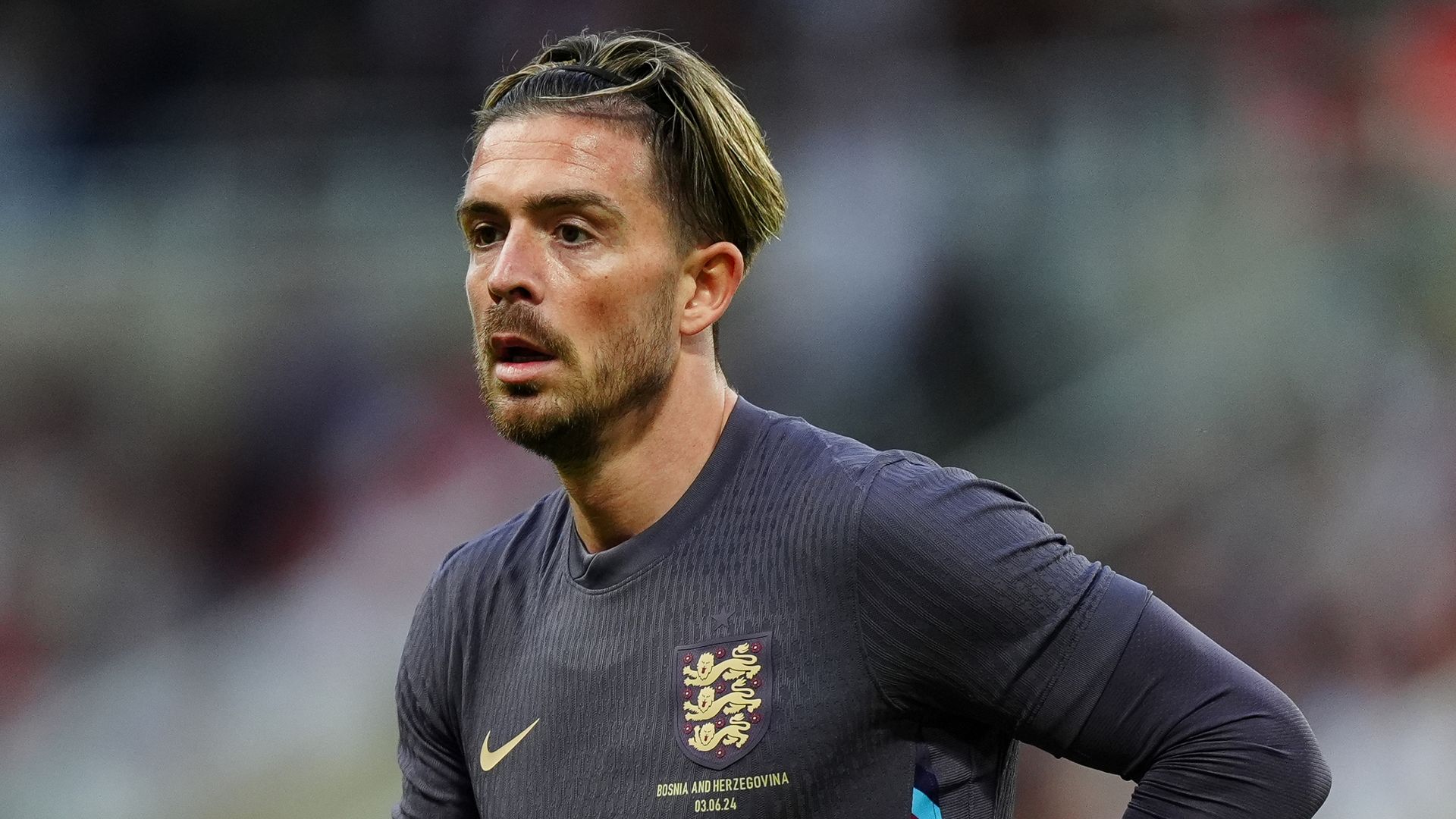A British citizen, who was freed in the biggest prisoner exchange with Russia since the Cold War, has urged people not to “mix up Vladimir Putin’s regime with Russia”.
Speaking in Bonn, Germany, Vladimir Kara-Murza was critical of how the Russian president rules the country, which he said, does not represent the entire population.
“The difference between dictatorships and democracies is that in democratic systems, the highest value is attached to human life,” Mr Kara-Murza said.
Mentioning the war in Ukraine – which the Kremlin refers to as its special military operation – Mr Kara-Murza added: “Kremlin propaganda wants to make it seem that every person in Russia supports the war in Ukraine, this is a lie.
“Please do not allow yourselves to be persuaded that this Kremlin lie has anything to do with real life.”
He added: “I know I will return to Russia, the day will come when Russia is free.”
Mr Kara-Murza spoke alongside Ilya Yashin and Andrei Pivovarov who were also released as part of the prisoner swap deal between the US and Russia.
He said he was “sincerely glad to be free”, adding the days since his release have felt like “some kind of movie”.
The British-Russian national was serving a 25-year sentence for treason.
Fellow released prisoners Mr Pivovarov and Mr Yashin were equally critical of President Putin’s regime.
Mr Pivovarov encouraged leaders of Western countries to “turn to the people, not the power”, adding: “We should do everything to make our country free and democratic.”
Mr Yashin said his aim is to return to Russia and work for a “free” country.
Some two dozen people from countries including Russia, the US, Germany, Poland, Slovenia, Norway and Belarus were exchanged on Thursday.
The swap also included US Wall Street Journal reporter Evan Gershkovich and US marine Paul Whelan.
Keep up with all the latest news from the UK and around the world by following Sky News
Be the first to get Breaking News
Install the Sky News app for free
But a number of political prisoners were not included in the swap.
In his first words after touching down on US soil, Mr Gershkovich spoke about those still in Russian prisons who are not known publicly.
Urging for their release, he told The Guardian: “I just spent a month in prison in Yekaterinburg and basically everybody I sat with is a political prisoner, and nobody knows them publicly.
“I think it would be good to see if we can potentially do something about them as well.”
Those returned to Russia as part of the swap included a “sleeper cell” couple, prolific cybercriminals and an assassin.





